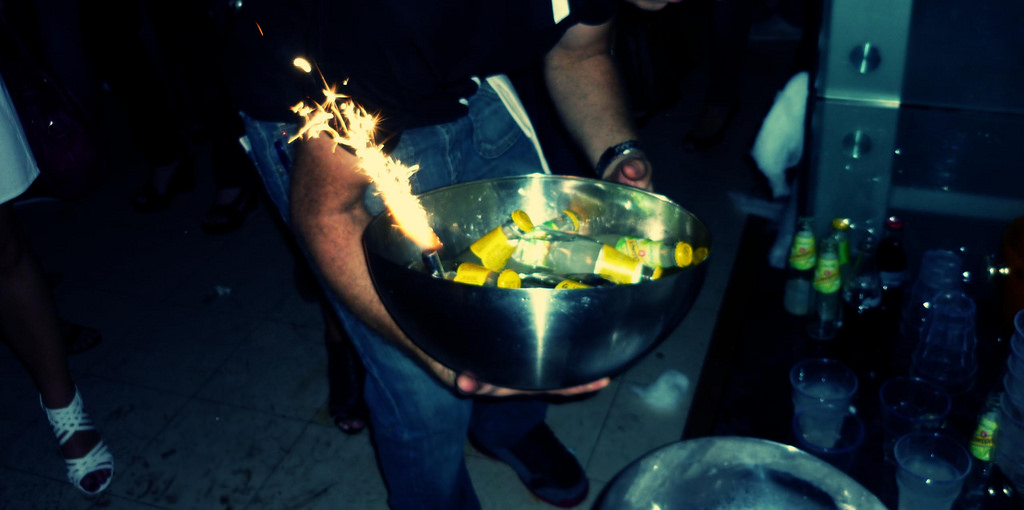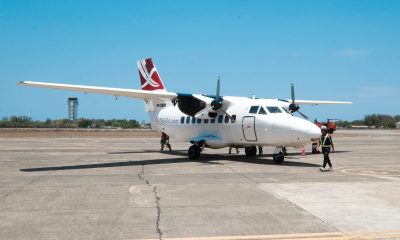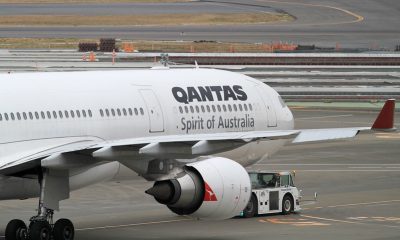Lifestyle
Long term equitable recovery services needed to manage addiction in B.C.: report

“I was born into addiction and I thought: ‘This is who I turned out to be and if I die down here, I die down here.” (Photo by Susanna A./Flickr, CC BY-NC-ND 2.0)
VANCOUVER — When the daily partying, boozing and cocaine binges following high school left him homeless and living in a tent on Vancouver’s Downtown Eastside, Josh McDearmid believed his life would end there.
“I was born into addiction and I thought: ‘This is who I turned out to be and if I die down here, I die down here.”
What surprised McDearmid, now 25, was that no one providing the many social services he accessed on the street offered any information about recovery programs as he repeatedly ended up in hospital and suffered withdrawal from alcohol, cocaine and marijuana.
“I would go to the shelters, I would go to the food lineups, I would go to the youth resource centres. They’d see me every day intoxicated and messed up but not once did they ever suggest recovery, like ‘Hey, you should check this out. You need some help.’ “
He finally entered treatment at a recovery home in Surrey when a high school friend who was being treated there himself encouraged him to do the same.
McDearmid is now on staff at the facility as he continues treatment and tries to get his mother into care for alcohol and heroin addiction, despite her resistance.
On Wednesday, he joined the BC Centre on Substance Use at a news conference as it released a report calling for improved addiction-recovery services that would provide equitable access to long-term, quality care regardless of someone’s ability to pay for treatment.
Marshall Smith, the centre’s senior adviser for recovery services and co-author of the report, said he knows from his own experience as a homeless alcoholic hooked on cocaine and methamphetamine that recovery is possible.
He said recovery must be recognized as a realistic option for a chronic relapsing disease that can be managed in multiple ways, including at community centres providing peer-led support, “recovery high schools” for students while they’re educated instead of institutionalized and at universities and colleges.
The current system ranges from public to not-for-profit to private, often leading to better services for those who can afford them, he said.
“We want all British Columbians, regardless of your status, whether that’s financial or social, to be able to seamlessly access high-quality addiction care.”
Marshall said that while British Columbia’s overdose crisis has been focused on preventing deaths with harm-reduction programs, substance users also need a comprehensive system of care because some of them are overdosing multiple times a day.
“At some point we have to start building the system for the future and that is something that needs to happen simultaneously, and we have to get on with it.”
Marshall built a successful career as a bureaucrat in the B.C. government before serving as chief of staff to the minister responsible for the 2010 Vancouver Winter Olympic Games bid. That’s also when he began drinking excessively, was introduced to cocaine at a nightclub and started taking methamphetamine.
“I had a great career, I had a childhood with great parents and I had a substance use disorder,” he said, adding the substance use got so out of control that he lived on the streets of Vancouver for several years before ending up in recovery with the encouragement of two police officers.
Twelve years later, he still attends 12-step meetings.
A range of services, including long-term abstinence-based programs and community-based services that are part of a co-ordinated network, are needed, Marshall said, citing the Little House Society in Delta as an example of a place that offers counselling to substance users and their families.
Joni Wright, executive director of the society, said the unique program funded by the City of Delta provides residents of the area south of Vancouver with six free counselling sessions and support through a 12-step program.
Marshall said families of those struggling with addiction have long complained about expensive treatment at facilities that aren’t licensed and should be shut down.
Mental Health and Addictions Minister Judy Darcy said several ministries are working to put regulations in place in the next year.
“There are some recovery homes that do a wonderful job and have highly qualified professionals and there are others where the care and service leaves a lot to be desired and the transparency leaves a lot to be desired.”
Darcy said she recognizes inequitable services exist, “especially for people who are low to middle income, and that’s something we’re going to need to address over time.”
She said she agrees more services are needed at the community level because some of the best innovation is happening there but funding from the federal government is required for a wide spectrum of programs in a province that declared a public health emergency involving the overdose crisis more than two years ago.





















